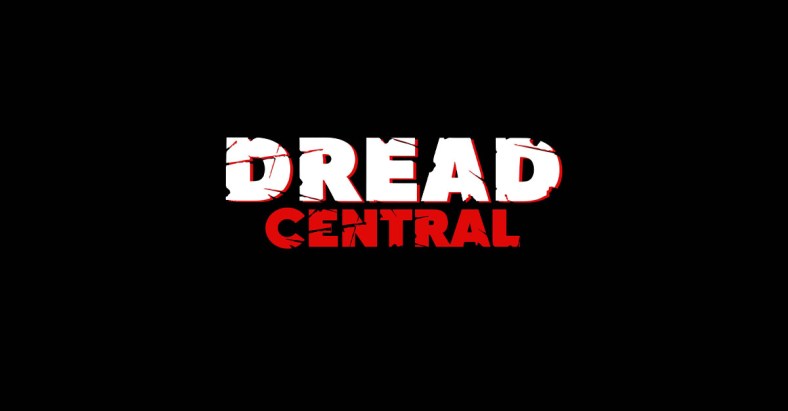


Instead of envisioning the Q&A site as a single-purpose forum, the new breed of Q&A site sees the model as half-wiki/half-forum. Quora and Stack Exchange turned this process on its head. And they get good results occasionally, but it also have the sort of problems a forum runs into - they tend to produce answers that look more like replies than generalized explanations.įor example, here’s some of the bottom answers to the question “How can a person increase their chances in a lottery?” These older Q&A sites are simple variants of general forum architecture. When the original poster of the question selects an answer as sufficient or best, the question is closed, and people move on. A person with a question poses a question, and the answers below the question respond to it. Yahoo answers) are essentially transactional. These newer sites do not work like older Q&A sites. This new breed of Q&A sites is replacing more traditional wiki as a source of information, through a modality we’ll call “choral explanations” (a term based on Ward Cunningham’s claim that federated wiki is a “chorus of voices”) We also could look at up-and-comer Quora, a site that recently claimed itself as a monthly destination for 10% of people on the web.Īnd it’s possible that these sites, more than traditional wiki, might point to the future of OER use on the web, and maybe the future of courseware more generally. Wikipedia, on the other hand, had 29,434 five-time editors (editing five times a month is seen as a “frequent editor” in this formulation). In September 2015, there were 32,025 users who posted five times or more on the Stack Exchange network. Stack Exchange, the question and answer (Q&A) site launched just six years ago, has surpassed Wikipedia by some measures.

In places like these people work together to produce the one best explanation of a topic.Īs readers here know, I’m a big fan of wiki, and believe that understanding the culture of wiki is crucial to understanding the potential of OER. But here’s something that many readers may not know: Wikipedia is no longer the undisputed champion of collaborative sites, at least in the English-language world. When people think about “non-academic” collaborative educational resources on the web, they tend to think about traditional wiki sites such as Wikipedia, WikiHow, etc. I’d like to talk a bit more about that, and hopefully relate it to newer models of Open Educational Resource (OER) use and courseware design. I mentioned in a recent post that the collaborative web is moving away from the “one best resource” model, but didn’t go into much detail on that point.


 0 kommentar(er)
0 kommentar(er)
